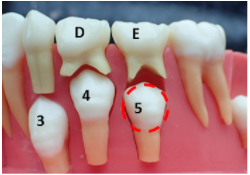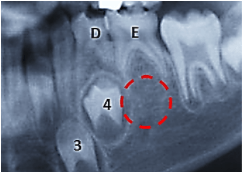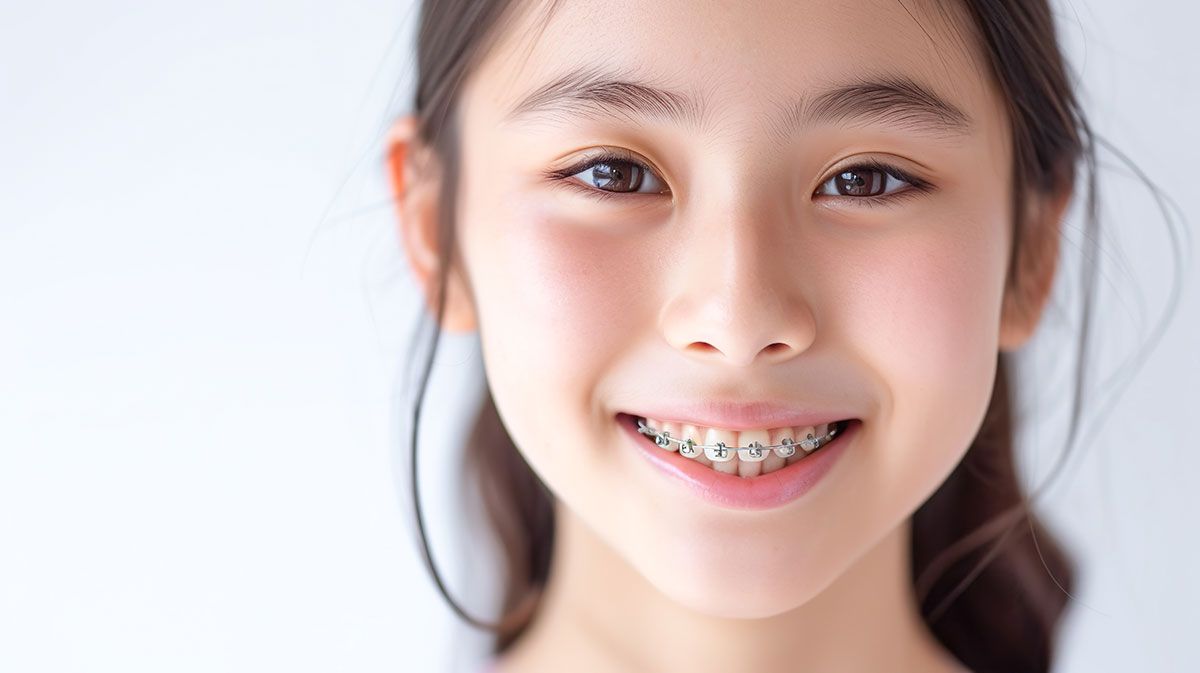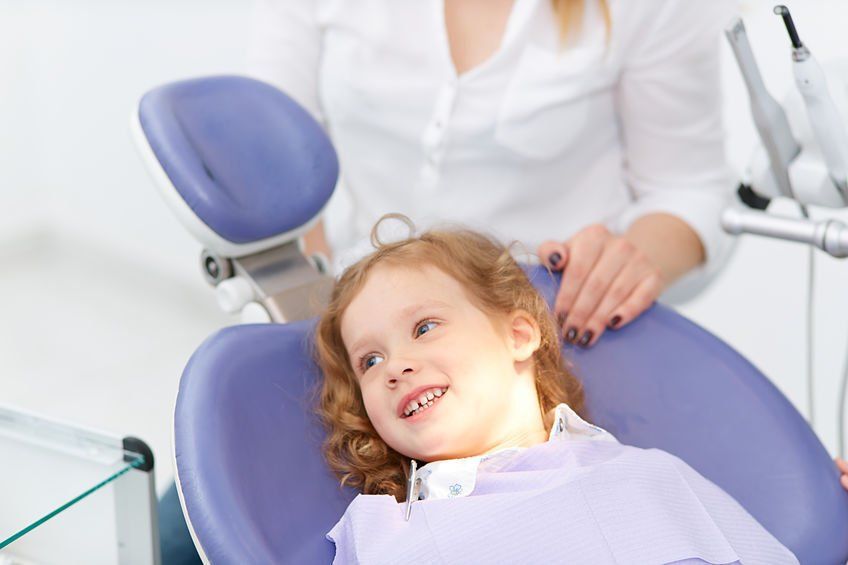어린이의 첫 번째 치아를 보통 "젖니"라고 합니다. 젖니는 보통 생후 6개월에 나오기 시작하며 모두 나오기까지 최대 2~3년이 걸립니다. 일반적으로 젖니는 6~12년 동안 입안에 남아 있으며, 6~7세에 나오기 시작하는 새로운 성인 치아의 "통로"를 형성하는 데 도움을 주며, 약 12~13세에 모든 젖니가 교체됩니다.
일반적으로 젖니는 제거하거나 발치하지 않고 저절로 빠지도록 내버려 두어야 한다고 믿습니다. 예, 이 원칙은 80~90%의 경우 맞지만 예외도 있습니다.
일반적으로 젖니는 심각하게 손상된 경우에만 발치합니다. 예를 들어 심각한 부상을 입은 경우 젖니에 금이 가거나, 풀리거나, 충격을 받아 발치해야 할 수 있습니다.
심하게 썩었거나 감염된 젖니도 발치가 필요할 수 있습니다. 충전이나 신경치료로 치아를 살릴 수 없는 경우, 발치를 하는 것이 감염이 입안의 다른 부위로 퍼지는 것을 방지하고 자녀가 겪는 통증과 치통을 없애기 때문에 바람직합니다.
추출이 필요한 경우도 있습니다:
심한 충치 또는 감염(그림 1). 이는 일반적으로 적절한 구강 위생 관리 부족과 잘못된 식습관으로 인해 발생합니다. 또한 형성 단계에 있는 치아의 구조가 약하기 때문일 수도 있습니다. 어린이 친화적인 어린이 친화적인 교정 전문의 또는 치과 의사를 정기적으로 만나면 너무 늦기 전에 조언과 치료를 제공할 수 있습니다.
매우 느슨해도 잘 빠지지 않는 "완고한" 젖니. 잇몸 조직이 매우 섬유질이 많거나 젖니 뿌리의 일부가 아직 뿌리를 내리고 있을 때 발생할 수 있습니다. 적절한 전문가의 조언을 받으면 문제를 파악하고 올바른 치료 또는 지침을 제공할 수 있습니다.

도표 1

도표 2a

도표 2b

도표 3
성인 치아가 입안의 잘못된 부위에서 드러나는 경우(그림 2a). 이를 성인 치아의 "이소성 맹출"이라고 합니다. 이 경우 해당 젖니는 일반적으로 아래에서 젖니를 밀어내는 압력 없이 젖니 뿌리 부분이 성인 치아에 의해 재흡수(그림 2b 참조)되지 않기 때문에 매우 단단하게 유지됩니다.
젖니 아래에 형성되는 성인 치아가 누락될 가능성이 있습니다(그림 3). 이는 대개 선천적이며 수년 동안 발견되지 않을 수 있습니다. 아래에 있는 상응하는 성인 치아가 누르는 압력이 없기 때문에 젖니는 부러지거나 마모될 때까지 수년 동안 입안에 남아있을 수 있습니다. 젖니는 성인 치아와 같은 치아 경도(또는 내구성)를 가지고 있지 않으며 선천적으로 빠진 성인 치아를 장기적으로 대체할 수 없습니다. 이 문제를 조기에 발견하면 치과 교정 전문의가 임플란트나 브릿지와 같은 인공 보철물을 사용하지 않고도 빠진 성인 치아를 대체할 수 있는 방법을 찾을 수 있습니다. 좋은 자연 치아를 보유하는 것의 장기적인 이점은 과소평가할 수 없습니다. 문제를 조기에 발견하고 황금기까지 장기적인 지속 가능성을 위해 잘 계획한다면 항상 좋은 결과를 얻을 수 있습니다.
치아를 보존하고 가능한 한 오랫동안 입안에 보관할 수 있는 덜 침습적인 옵션이 있다면 자녀의 치과 의사가 젖니 발치를 권장하지 않을 것이므로 안심하셔도 됩니다. 그러나 위의 상황 중 하나라도 발치가 필요한 경우에는 바로 아래에 있는 영구치에 감염을 예방하기 위해 최대한 빨리 치아를 뽑아야 합니다!
클리닉 소개:
캐서린 리 치과 교정에는 환자들이 더 건강하고 아름다운 미소를 만드는 과정을 즐길 수 있도록 도와주는 기술과 경험을 갖춘 의사와 직원으로 구성된 전담 팀이 있습니다. 저희는 성장기 어린이에 중점을 두고 있으며, 특히 어린이 교정과 치과 치료가 필요한 분들을 환영합니다. 상담은 다음 연락처로 문의하세요. enquiries@DrCatherineLeeOrthodontics.com.






